- The Istanbul Canal will change the city map of Istanbul and become a global project
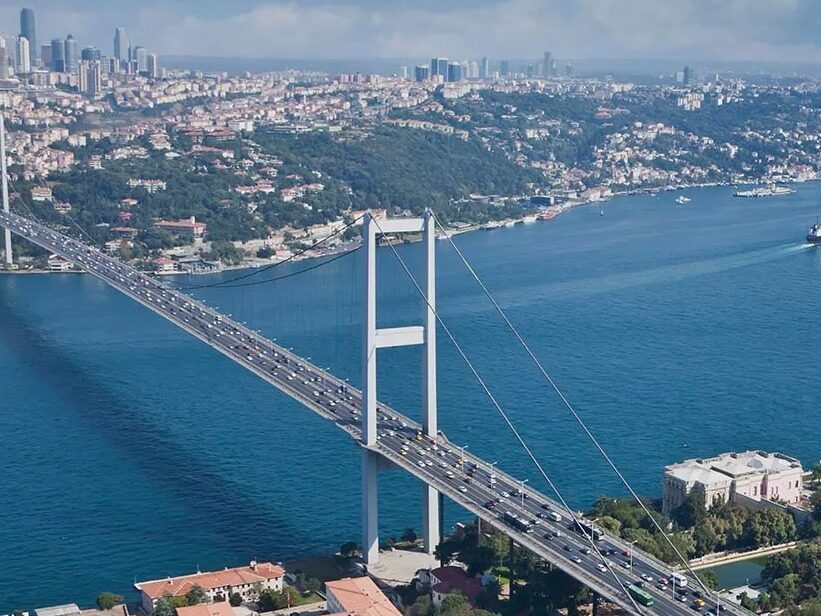
The Istanbul Canal connects the Black Sea with the Marmara Sea and the Mediterranean Sea and aims to relieve congestion in the Bosphorus. The direct purpose of the Turkish government's insistence on building the Istanbul Canal is to obtain economic stimulus effects, thereby boosting domestic public support and consolidating its ruling position. However, whether the project will be profitable in the future and its long-term economic value are not its current concerns. With regard to possible strategic and security shocks, Turkey will respond cautiously, and strive not to impact the existing international order and its relations with the United States, Russia, and European powers, so as to avoid burning itself.
On June 26, Turkish President Erdogan attended the groundbreaking ceremony of the first bridge project under the Istanbul Canal Project. This move marked the official start of the construction of the Istanbul Canal Project, which has been brewing for many years. Erdogan stated that the canal is a project that can save Istanbul's future and that it "opened a new chapter in the history of Turkey's development."
One of the major ideas for creating a "new Turkey"
As early as 2011, Erdogan, then Prime Minister of Turkey, formally proposed the idea of building the Istanbul Canal. He planned to excavate a canal connecting the Marmara Sea and the Black Sea in the western European part of Istanbul, which is the Bosphorus Strait. Provide an alternative new shipping channel. That year, Erdogan led the AKP in the previous nine years in power to achieve remarkable economic development achievements, successfully won the third general election, and officially launched the "2023 Vision", planning to create a "new Turkey". The Istanbul Canal Project is also one of the major ideas put forward in this context, reflecting the ambitious ambitions and confidence of Erdogan and the Turkish government in development prospects.
Over the past ten years, the situation in Turkey and abroad has undergone tremendous changes, and it has long lost its vitality and self-confidence. The Gazi Park protests in 2013, the two general elections in 2015, the attempted military coup in 2016, the 2017-2018 constitutional amendment referendum and the presidential reform have greatly changed the domestic political ecology of Turkey; at the same time, the Turkish economy has changed from The rapid growth has turned into a low level, and the Turkish lira has continued to depreciate. The continuous turbulence in the surrounding areas and the tense relations with the West have also affected Turkey's development environment and foreign policy. The "Turkish model" has long been eclipsed, and the "New Turkey" is no longer exciting. In this context, the Istanbul Canal project was shelved for a while, and it has been proposed and implemented again in the past two years. The motivation and significance behind it have been quite different.
The Turkish government claims that the development of trade and the growth of navigable vessels have brought tremendous pressure and potential risks to the Bosphorus and Istanbul, which makes it increasingly necessary to build new canals. The Turkish government believes that the construction of the Istanbul Canal can fundamentally relieve the congestion and navigation pressure of the Bosphorus Strait, and reduce the risk of collisions and pollution accidents, so as to protect the historical and cultural city of Istanbul. The canal will also bring about Huge economic benefits and so on. Turkey expects that the Istanbul Canal Project will create 500,000 jobs, contribute up to 28 billion U.S. dollars in economy, and greatly enhance Turkey's status as a world transportation hub.
In March 2021, the Egyptian Suez Canal was paralyzed due to the blockage of large ships, which strengthened Turkey's determination to build an alternative channel for the strait. According to the plan announced by the Turkish government, the Istanbul Canal is about 45 kilometers long, 275 meters wide, and more than 20 meters deep. The scale of direct investment is about 8.6 billion U.S. dollars. The total investment in the canal project is estimated to be as high as 15 billion U.S. dollars.
Controversial Istanbul Canal Project
Since it was proposed in 2011, especially since its acceleration in the past two years, the Istanbul Canal project has been controversial in Turkey, and the voices of suspicion and opposition have always been loud. In summary, Turkey's domestic and foreign reasons for opposing the construction of the Istanbul Canal mainly include the following four aspects.
One is questioning the economic benefits of the canal project. In general, the existing natural Bosphorus channel is more mature and cheaper, making it more attractive to the international shipping industry. International routes and Istanbul’s port logistics facilities are all laid out around the strait. In the future, the Istanbul Canal may be Failure to bring expected shipping and economic benefits, and even failure to recover construction costs, will become "chicken ribs."
The second is concerned about geopolitical risks and security impacts brought about by the Canal Project. In April 2021, more than 100 retired generals in Turkey publicly opposed the construction of the Istanbul Canal, on the grounds that the canal would shake the status of the Montreux Convention signed in 1936, impact the relations between Turkey and Russia and other major powers, and would eventually endanger it. Turkey's international image and national security. In addition to Russia and the Black Sea coastal countries that are very sensitive to the Strait issue, European countries also have certain doubts about this project and its impact.
The third is that the huge investment in the canal project will increase Turkey’s debt pressure. The scale of investment in the Istanbul Canal Project is huge, and the source of funding is indeed a major challenge. Turkey also hopes to rely on its own funds and capabilities to build the canal independently so that it can firmly control the control in its own hands. However, the construction of the canal is a time-consuming and costly major project. Can Turkey, which is already seriously lacking funds, raise such a scale alone? Doubts about construction funds have aggravated concerns about the prospects of the project.
The fourth is that the canal project may bring about an "ecological disaster." As Istanbul is located in an earthquake-prone zone, environmental pollution and earthquake-induced risks are controversial topics of public concern. Istanbul Mayor Imam Oglu, who is a member of the opposition Republican People’s Party, once publicly opposed the canal project on the grounds of safety and the environment. As the construction of the canal started, the controversy surrounding the project rose again, and Imamoglu once again spoke out against it.
Although full of controversy, Erdogan has repeatedly expressed his firm determination to build the Istanbul Canal. At the groundbreaking ceremony on June 26, Erdogan looked forward to the good prospects of the canal project, saying that all the designs of the canal have scientific basis, and once again defended the necessity of the canal project.
Why did Erdogan insist on building a canal?
In fact, the Istanbul Canal project was officially put on the agenda after ten years, reflecting the current severe challenges facing Turkey's domestic economy and the complexity of the political situation. In addition to the publicly declared goals, the direct purpose of the Turkish government's push for the Istanbul Canal project is to stimulate economic growth, and the fundamental purpose is to consolidate the ruling position.
From the direct motivation point of view, the Erdogan government hopes to use the Stambul Canal project to boost the weak economy, focusing on the economic pull effect brought by the project. In recent years, the Turkish economy has encountered major challenges. The depreciation of the lira has been severe, the inflow of foreign capital has declined, and economic growth has been weak. The original goal of the "2023 Vision" is difficult to achieve. The new crown epidemic since 2020 has increased the pressure on Turkey’s economy. Although it has achieved positive economic growth compared to other countries, high inflation, high unemployment and currency devaluation have greatly reduced this growth. .
At the same time, guarding the Turkish Strait, which is an important global geostrategic hub, cannot "sit on the ground to collect money" like the Suez Canal. This makes Turkey even more unwilling in the context of the economic downturn and lack of funds. Carrying out large-scale infrastructure construction is one of the important measures for Turkey to get rid of its economic difficulties. Since the outbreak of the epidemic, Turkey has paid more attention to promoting the construction of domestic transportation and hospital infrastructure. The investment in the Istanbul Canal project is huge. It is planned to build two new cities along the canal. Through the development of the economic zone along the canal, a large number of housing, roads, bridges, ports, logistics centers and other facilities will inevitably bring about a substantial increase in investment, consumption and employment. Significantly stimulate economic growth.
From the perspective of fundamental motivation, the Erdogan government mainly hopes to use the economic pull effect to consolidate the foundation of public opinion and ruling position, and to deal with the increasing political challenges.
In recent years, Turkey’s domestic political polarization has been paralleled by Erdogan’s authoritarianism. The ruling party is facing disputes and a succession crisis. The opposition parties have united to challenge Erdogan’s ruling position. Whether to stabilize the ruling position and win the next presidential election has become Erdogan's most concerned political goal. The key foundation of the AKP and Erdogan’s long-term governance is economic development achievements. Only large-scale projects such as the Istanbul Canal and offshore natural gas development can boost economic performance, and maintain rapid economic growth as much as possible before the 100th anniversary of the founding of the People’s Republic of China in 2023. In order to effectively consolidate its ruling position, and hope to win the next presidential election.
In general, the direct purpose of the Turkish government's insistence on building the Istanbul Canal is to obtain economic stimulus effects, thereby boosting domestic public support and consolidating its ruling position. However, whether the project will be profitable in the future and its long-term economic value are not its current concerns. The problem.
Of course, considering the lack of domestic funds and doubts about debt pressure, the Turkish government may look for external partners to participate in order to ease financial pressure and reduce economic risks. If Turkey's economic situation does not improve in the future and the shortage of funds intensifies, it will have to introduce more partners and seek funding through multiple channels, such as seeking financial support from friendly countries such as Qatar, and timely financing cooperation with companies from Europe and Asia-Pacific countries. .
Regarding the possible strategic and security impacts, the Turkish government will respond cautiously and strive not to impact the existing international order and its relations with the United States, Russia, and European powers. Although Turkey has shown a aggressive diplomatic stance in its surrounding areas in recent years, it has not yet been able to break through the established international order that has been formed for a long time.
Opponents of the canal project believe that it will bring about an "ecological disaster", increase the risk of geological disasters, and make the country bear unnecessary huge debts. Turkey’s largest opposition party, the Republican People’s Party, and Istanbul Mayor Ekrem Imamoglu, stated that the groundbreaking ceremony on the 26th was only related to the construction of the road network, not the canal. Editor/Xu Shengpeng
Comment
 Praise
Praise
 Collect
Collect
 Comment
Comment
 Search
Search


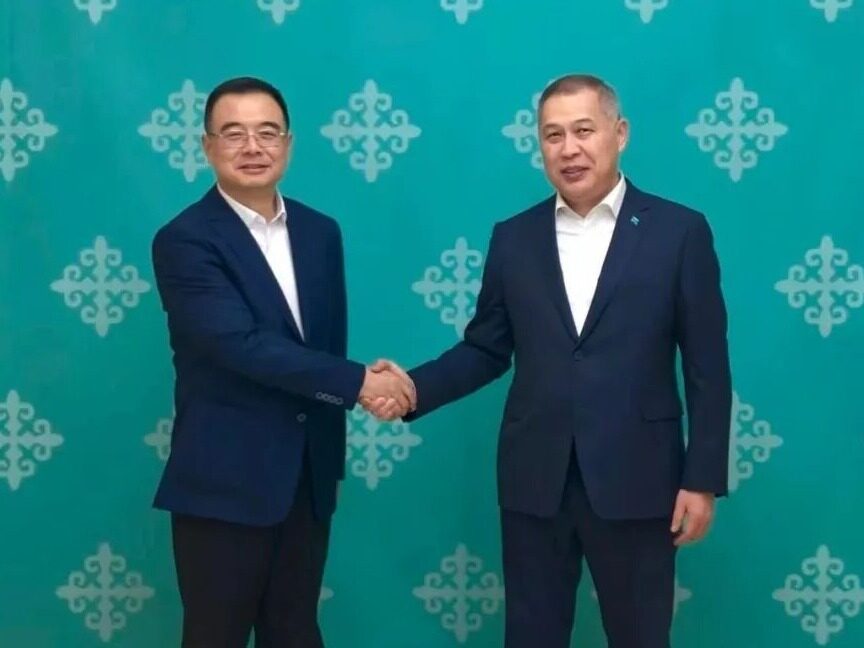
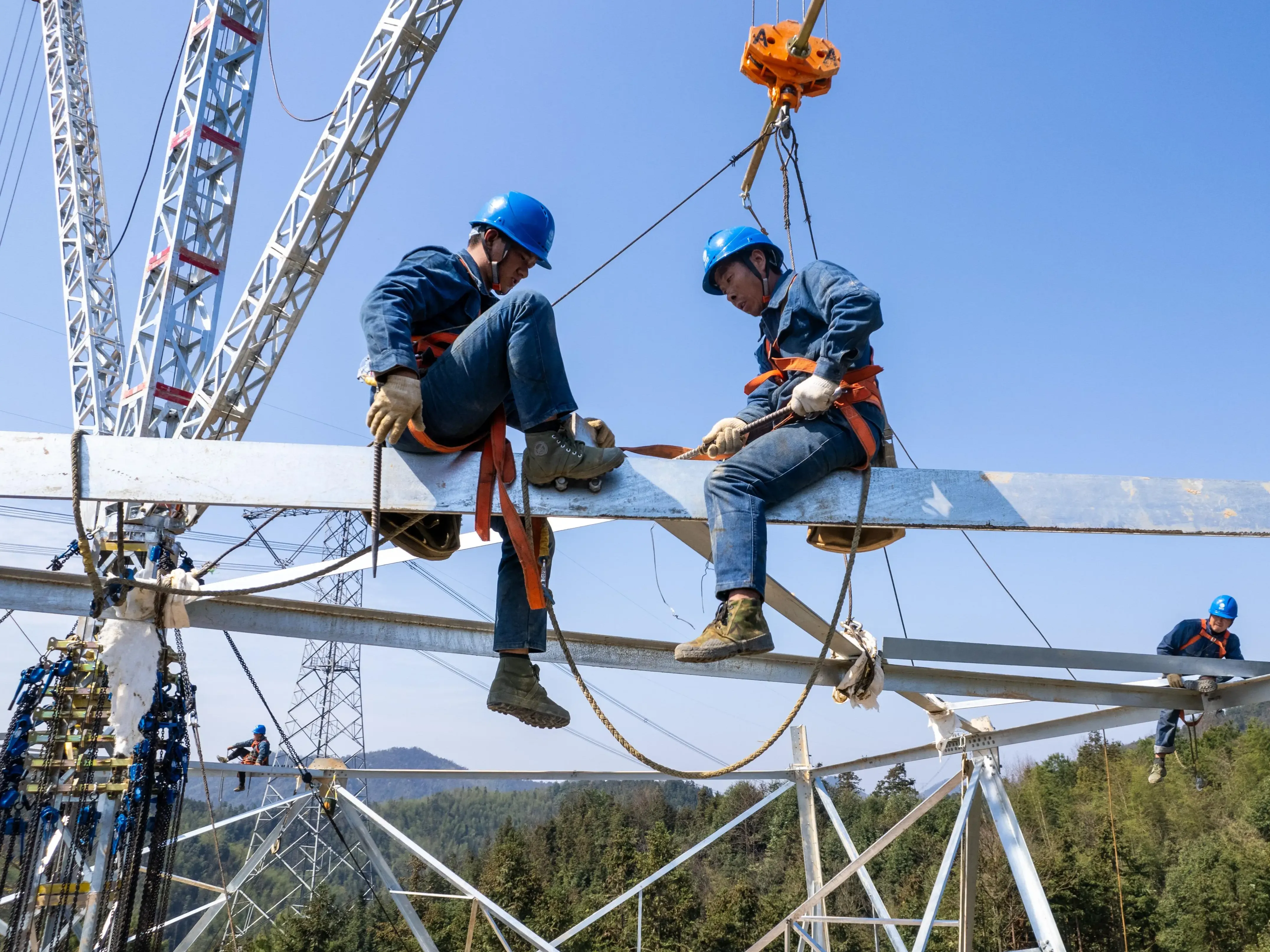
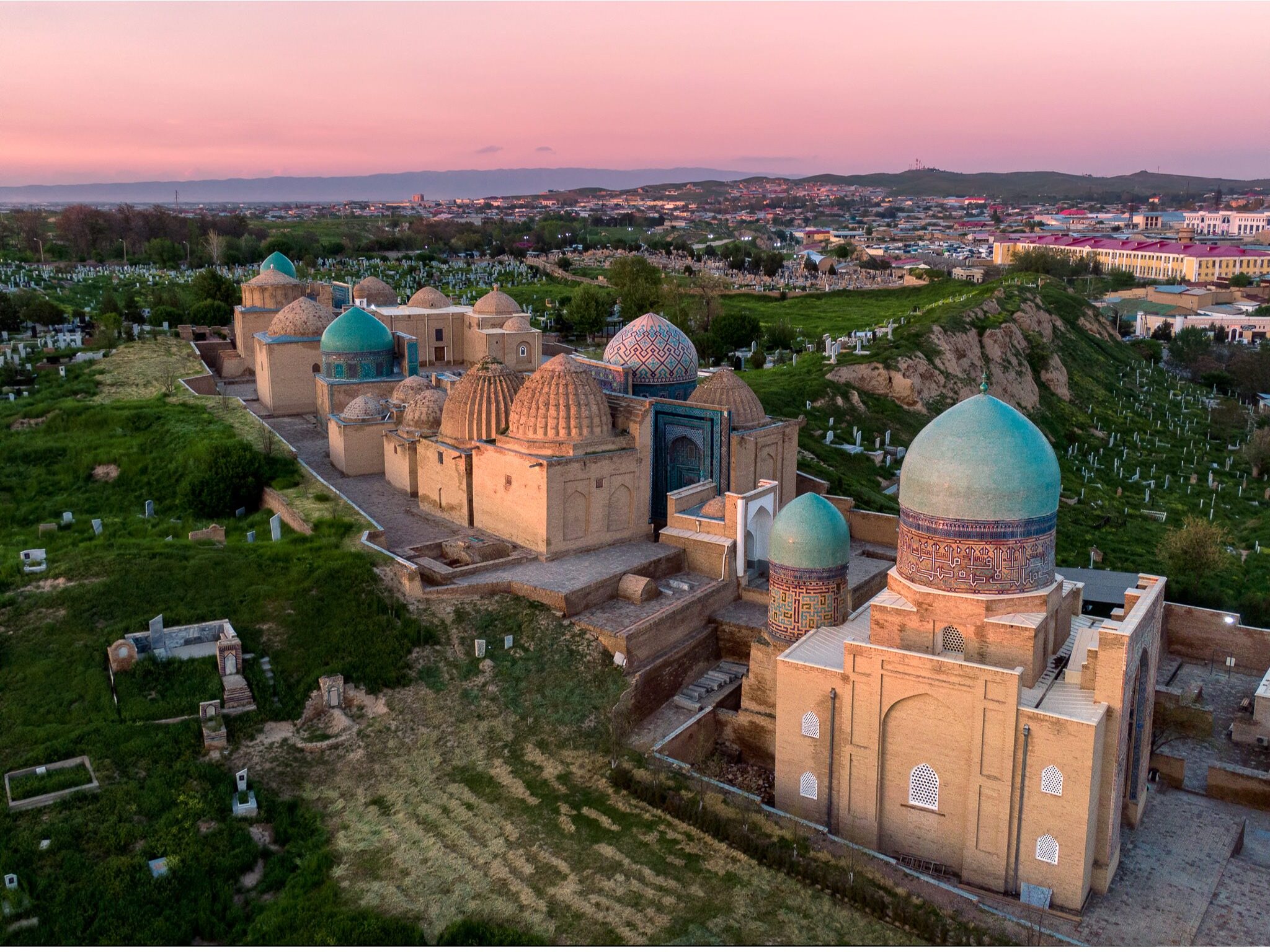
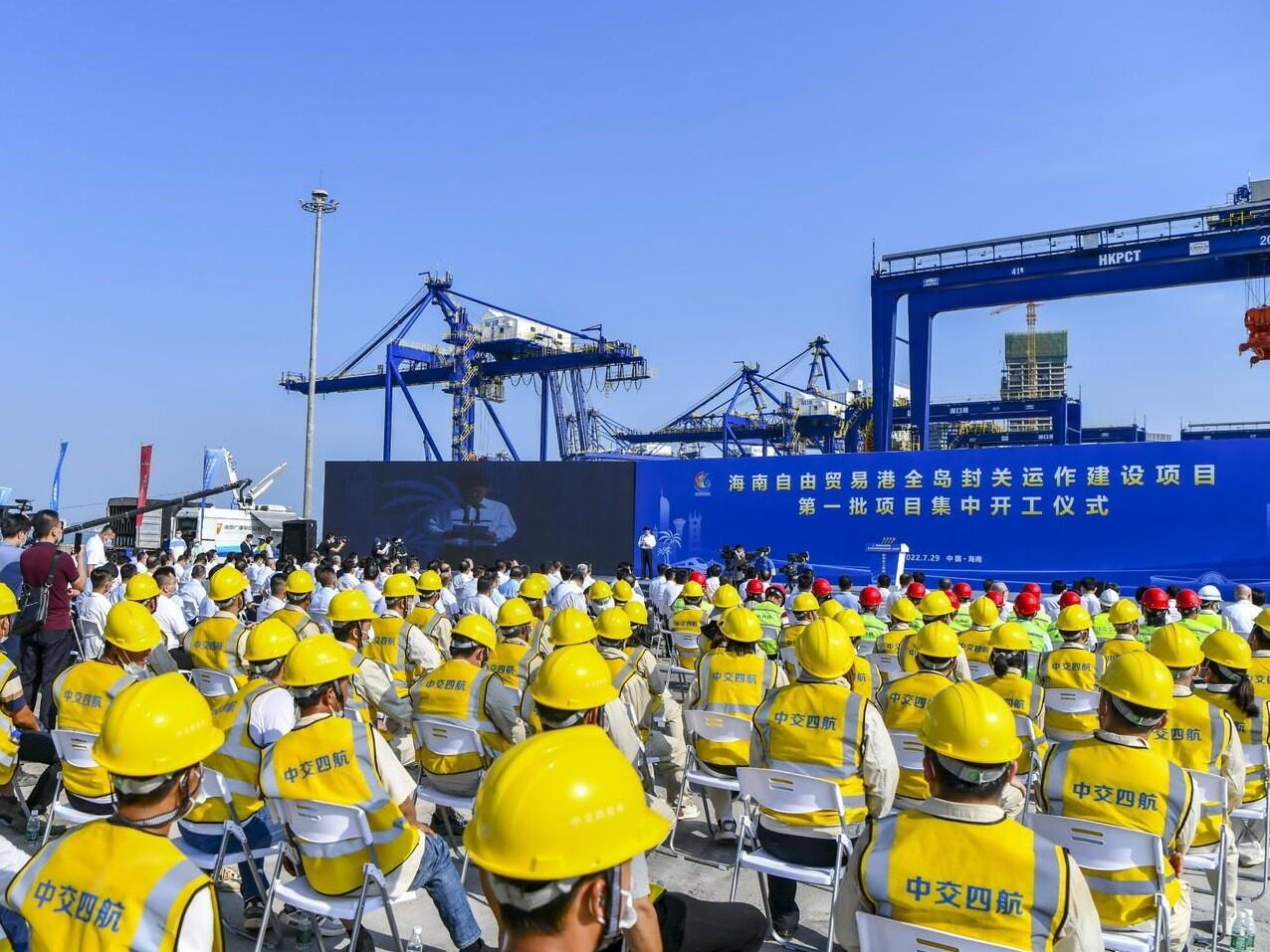
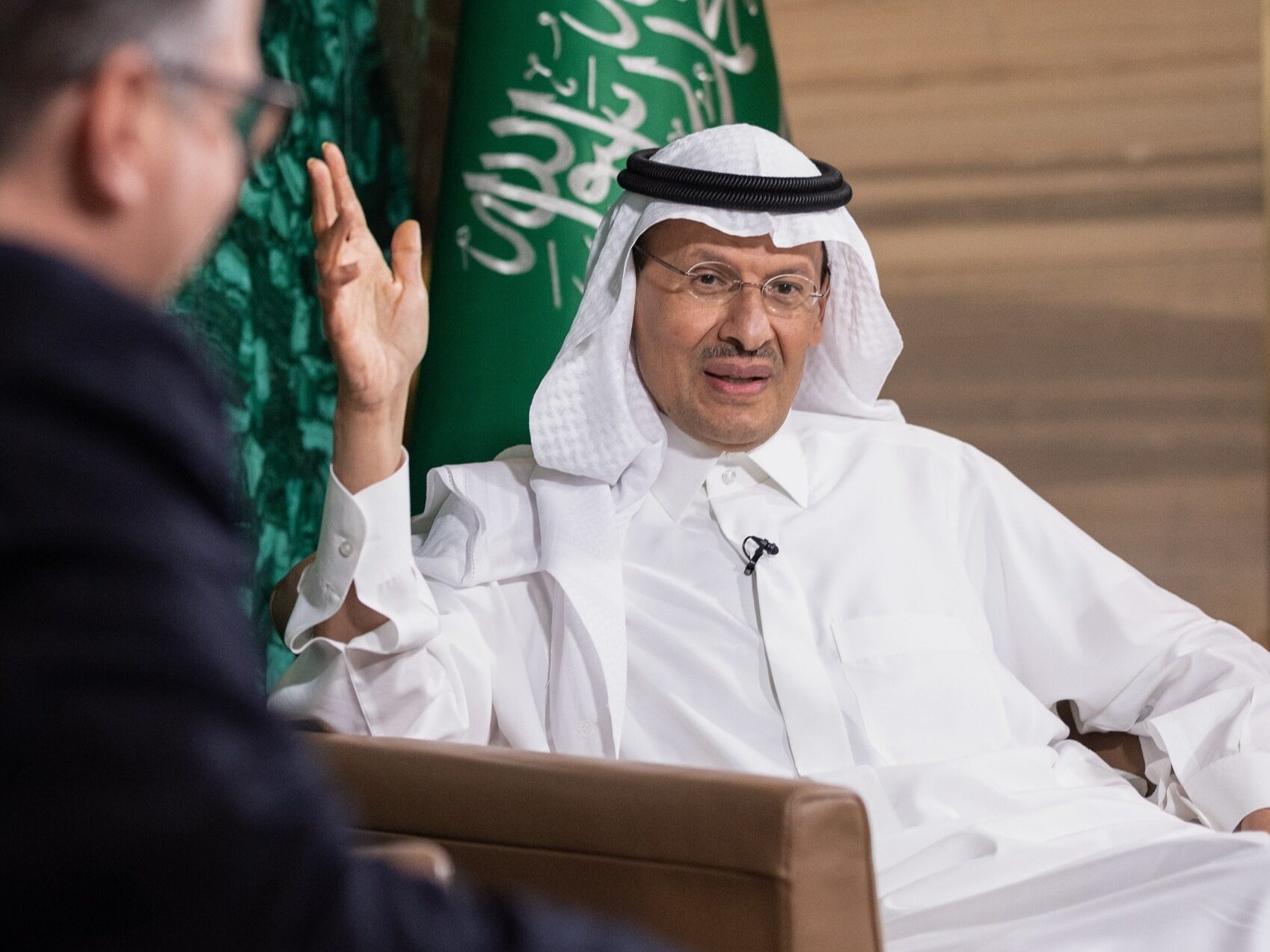
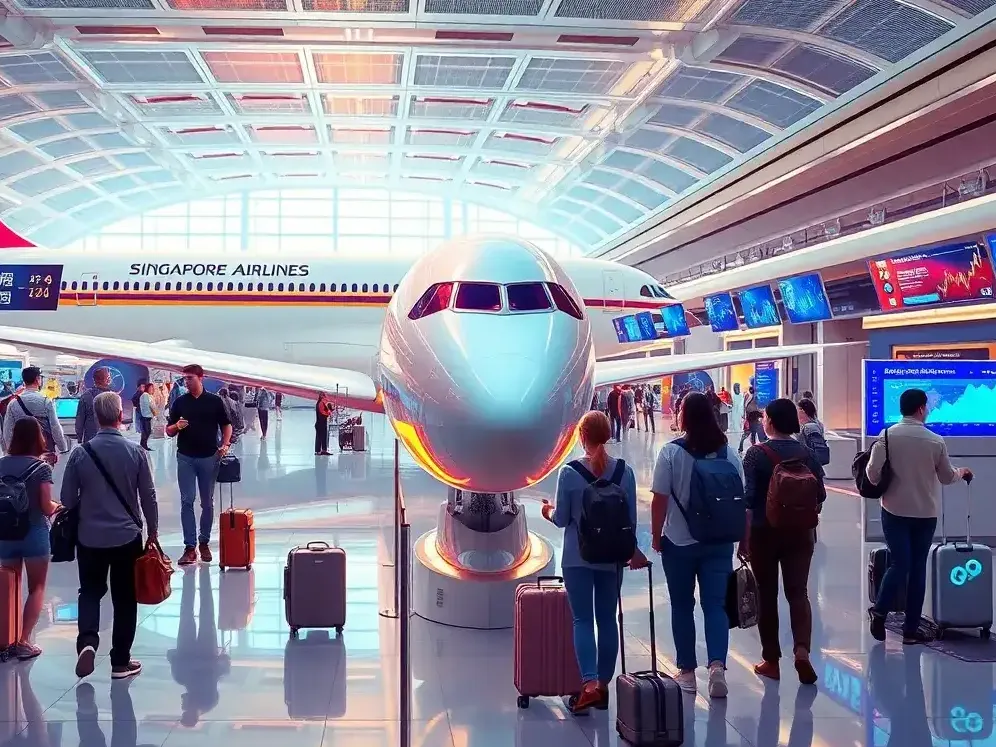






Write something~